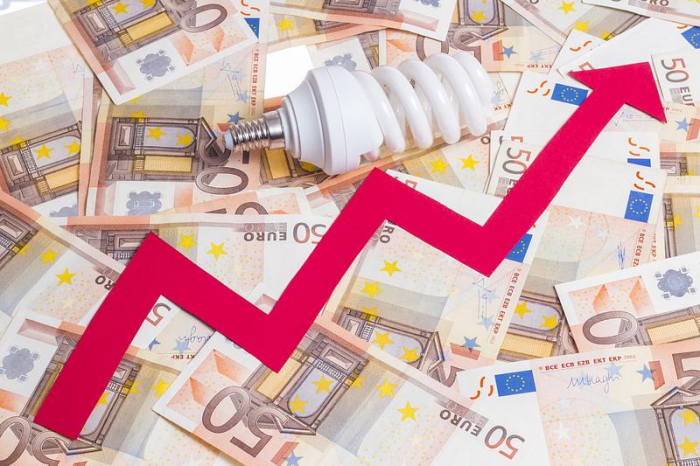Disruption to Russia’s energy exports, particularly natural gas, could be more severe than expected if bans are implemented more rapidly, or if there is less diversion of exports to other countries, say the WB analysts.
For example, as a result of the outbreak of war in Ukraine, the EU and the United States have proposed restricting the provision of shipping and insurance services related to the transport of Russian oil, which could materially reduce the scope for redirection of oil to other countries.
“In addition, inventories have fallen (and are set to decline further) and there are concerns that OPEC spare capacity may be lower than currently estimated, as evidenced by a sluggish supply response. U.S. shale faces several constraints on significantly increasing output, including shortages of labor and other inputs, as well as demands on the industry to focus on returning cash to shareholders. Furthermore, in contrast to previous oil price spikes when plentiful coal and natural gas enabled substitution away from oil, the prices of all fossil fuel energy sources are currently very high, which reduces the possibility of easing price pressures by substituting to cheaper fuels,” reads the report.
WB notes that energy prices are forecast to rise 52 percent in 2022, 47 percentage points higher than previously projected. Brent crude oil prices are forecast to average $100/bbl—an upward revision of $24/bbl.
More about: World-Bank energy
















































